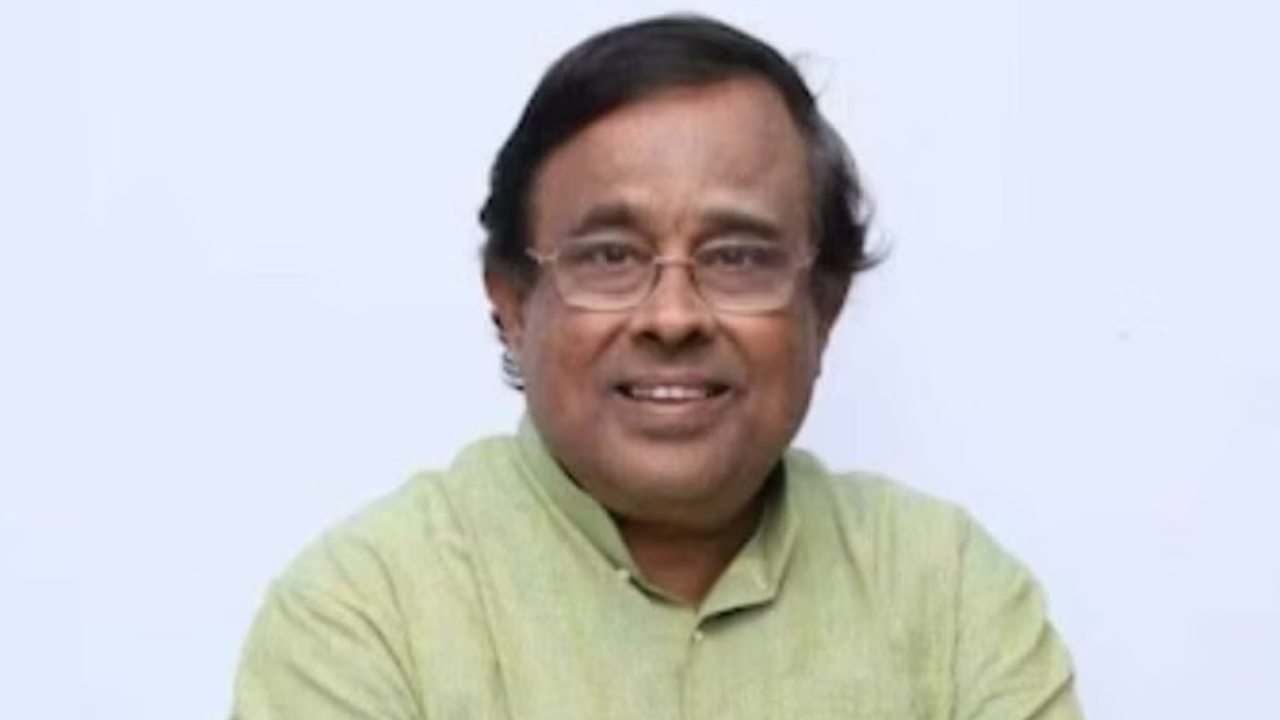Bengali singer Anup Ghoshal, known for his soulful rendition of timeless classics like “Tujhse Naraz Nahi Zindagi,” passed away on Friday at the age of 77. His musical contributions, spanning over several decades and various languages, have left an indelible mark on the hearts of music enthusiasts. The news of Anup’s demise comes after he had been hospitalized for several days in a private hospital in south Kolkata, battling old age ailments. He succumbed to multi-organ failure at 1:40 pm, leaving behind a musical legacy that will endure through the ages. Ghoshal is survived by his two daughters.
Anup’s musical journey began with the iconic song “Tujhse Naraz Nahi Zindagi” from the 1983 film Masoom. This melody not only became a chartbuster but also established Ghoshal as a prominent voice in the Indian music industry. His ability to infuse emotion and depth into his renditions quickly earned him widespread acclaim.
Ghoshal’s versatility as a playback singer was showcased in his association with legendary filmmaker Satyajit Ray. He lent his soulful voice to Ray’s cinematic masterpieces, including Goopy Gyne Bagha Byne (1969) and Hirak Rajar Deshe (1980). His ability to capture the essence of Ray’s narratives through his vocals added an extra layer of brilliance to the cinematic experience.
In addition to his musical pursuits, Anup ventured into politics and successfully contested the 2011 assembly polls from the Uttarpara seat on the Trinamool Congress ticket. Despite his foray into politics, his true passion remained in the realm of music, where his voice resonated with audiences across generations.


